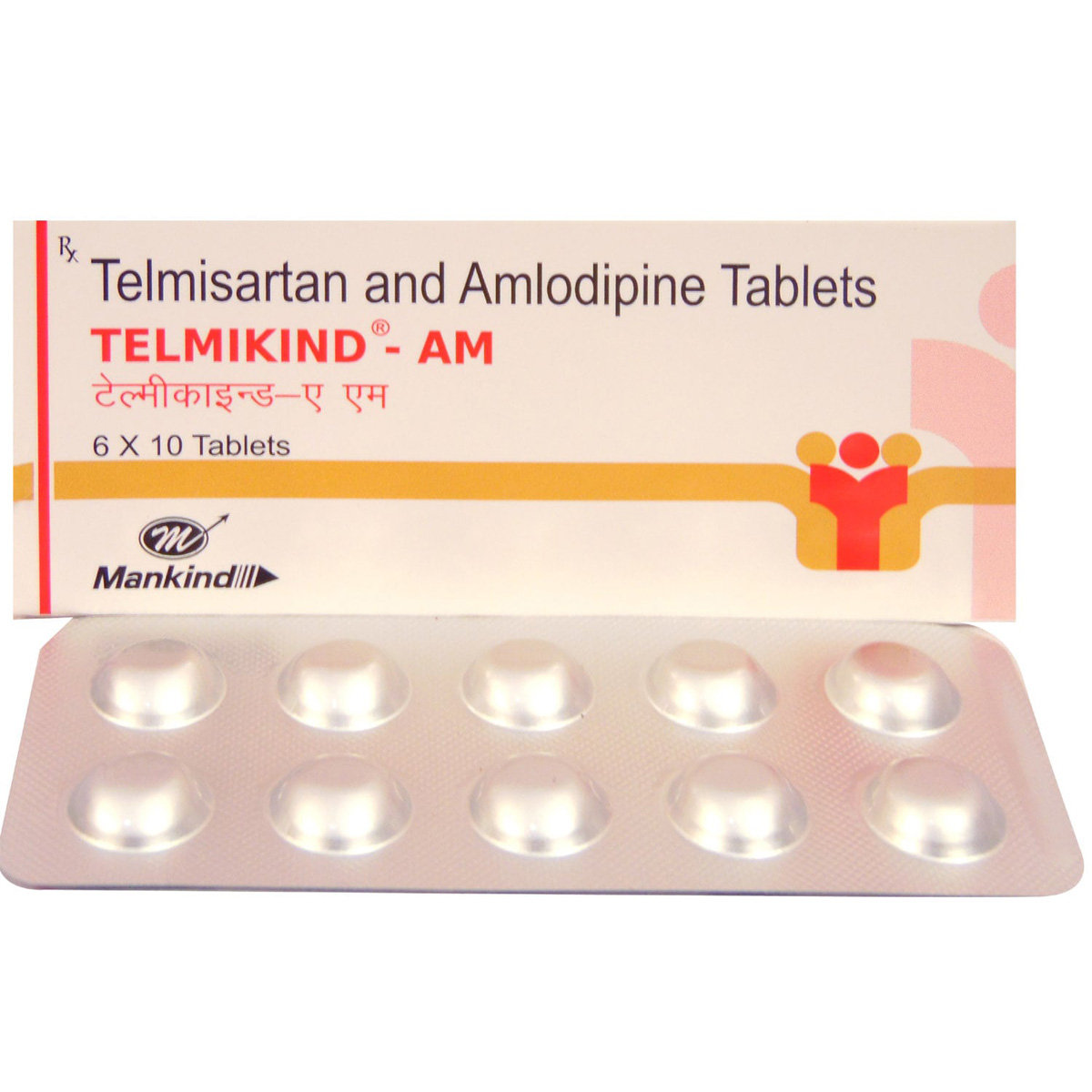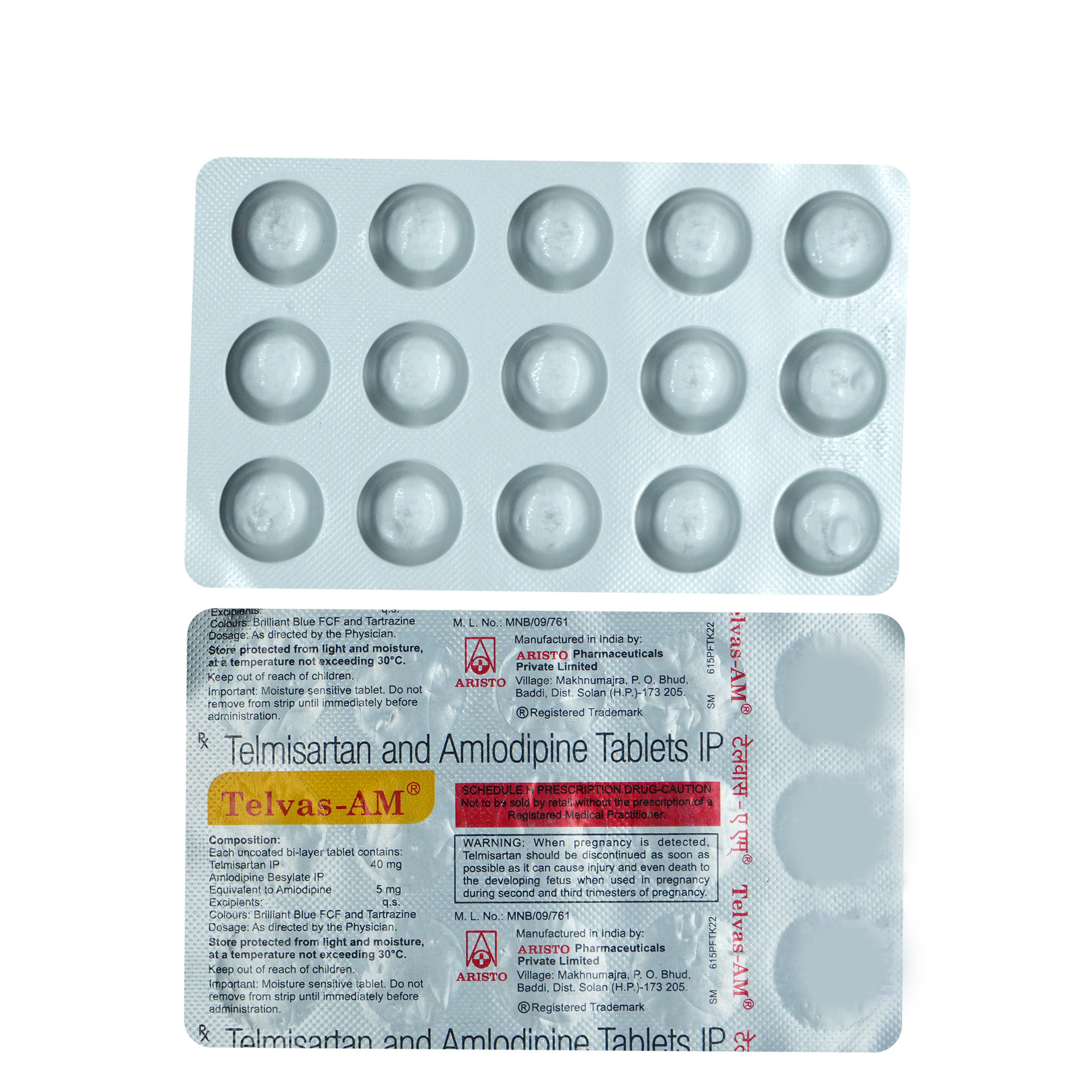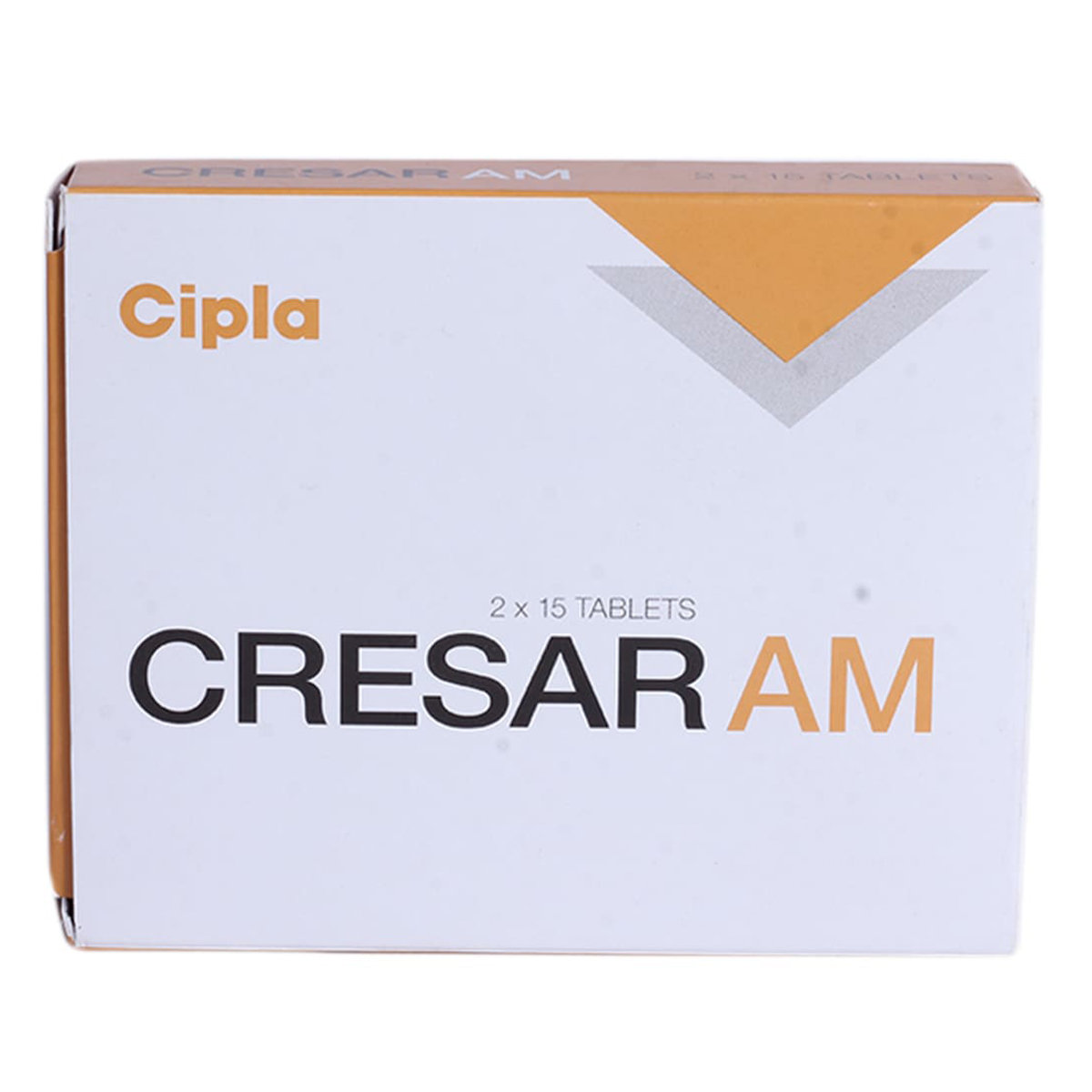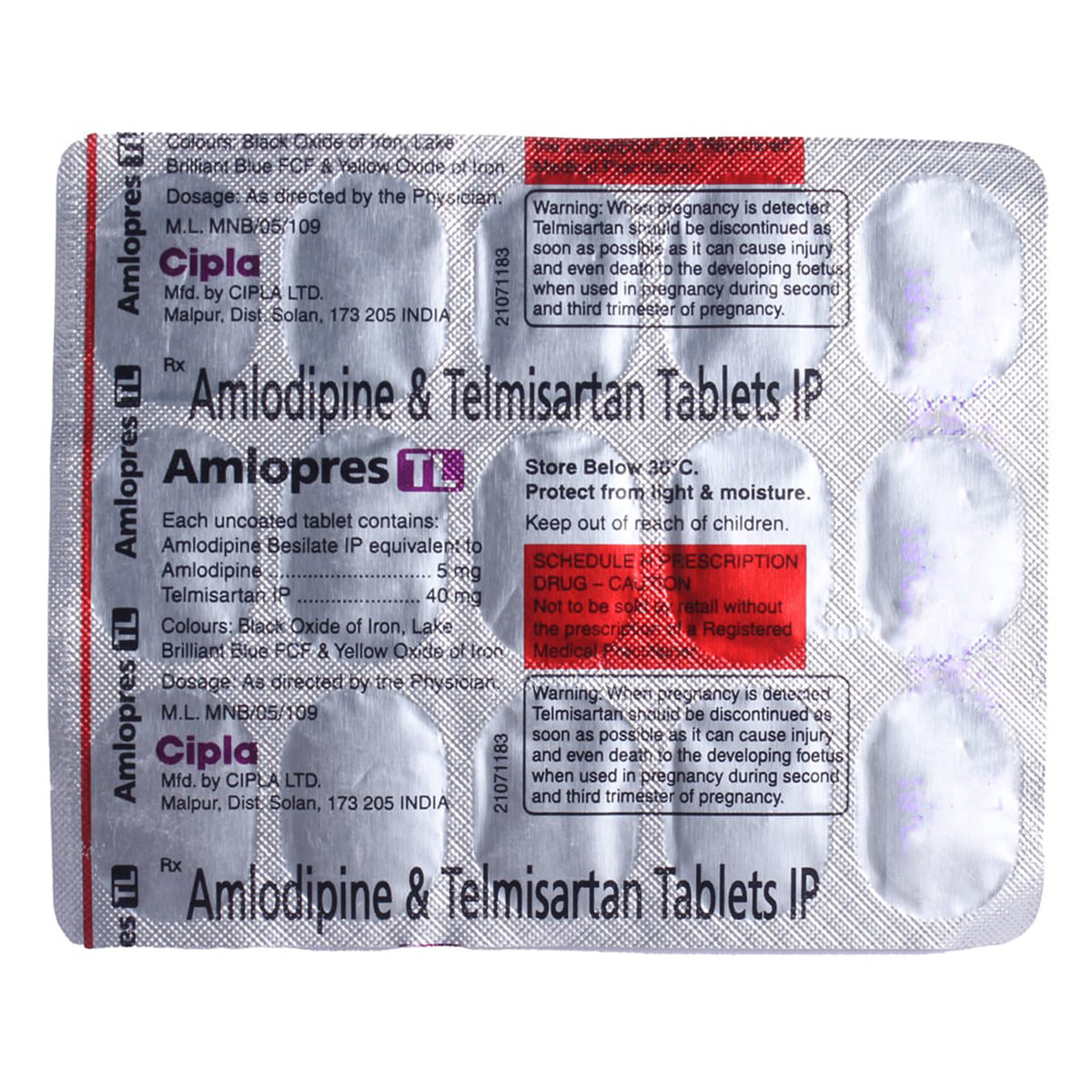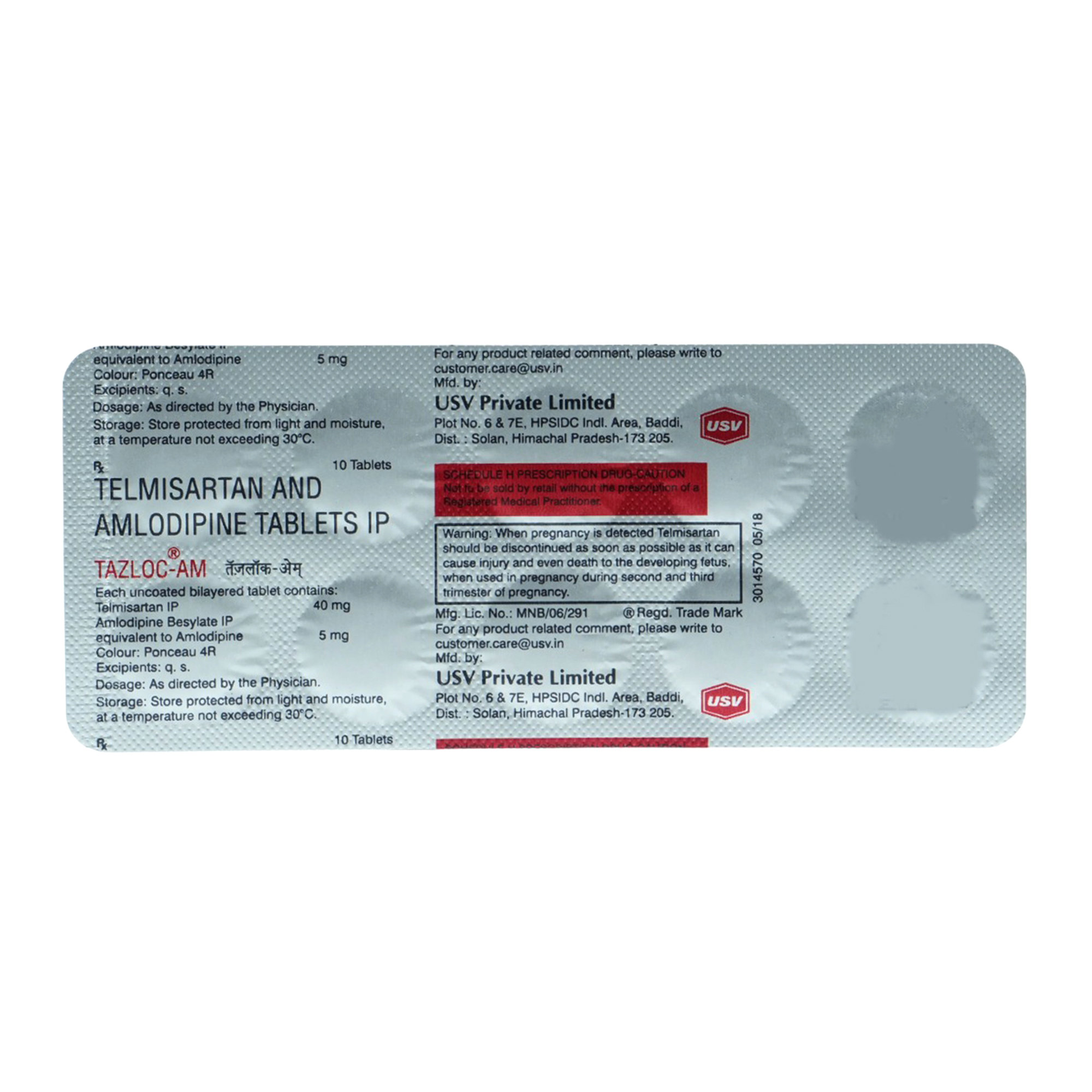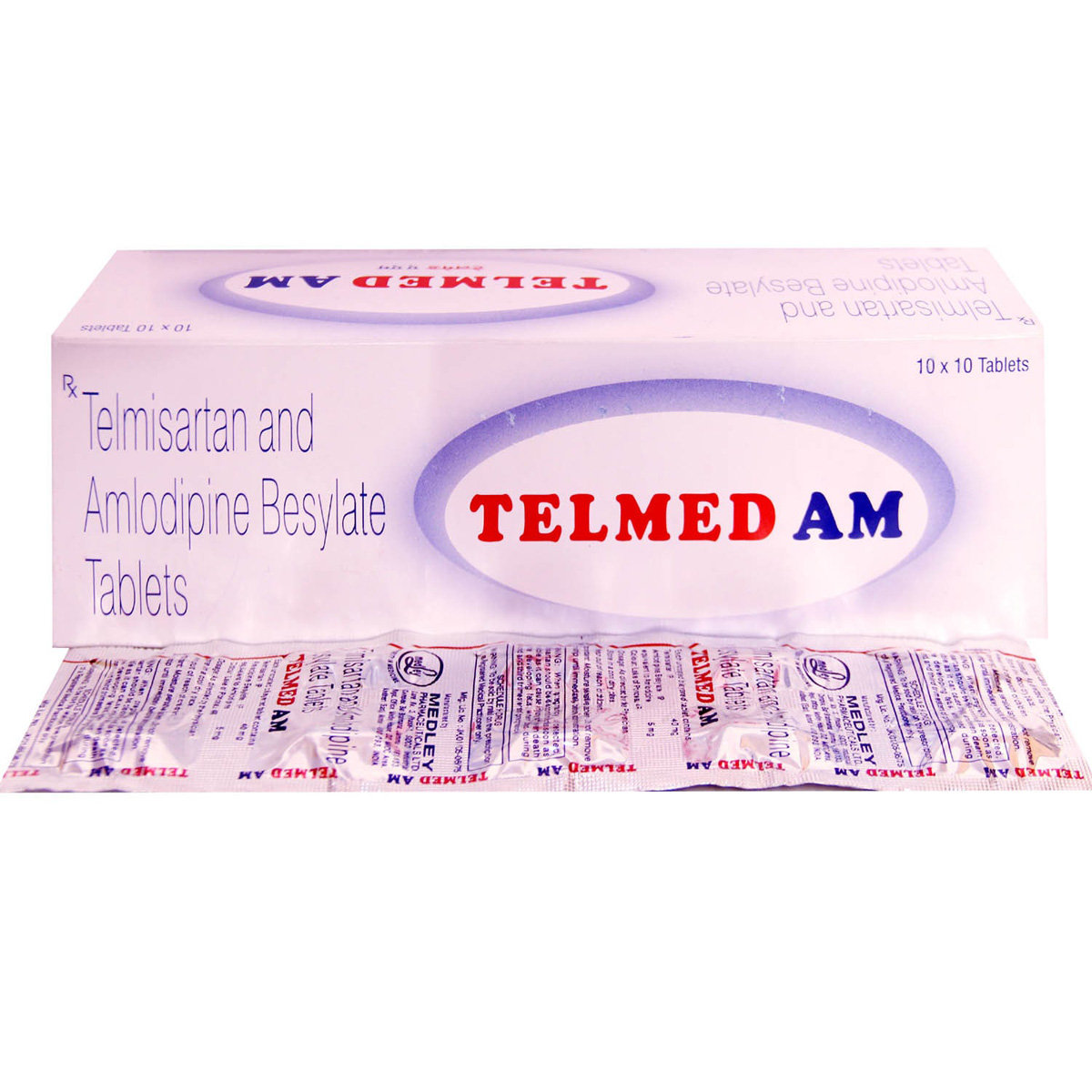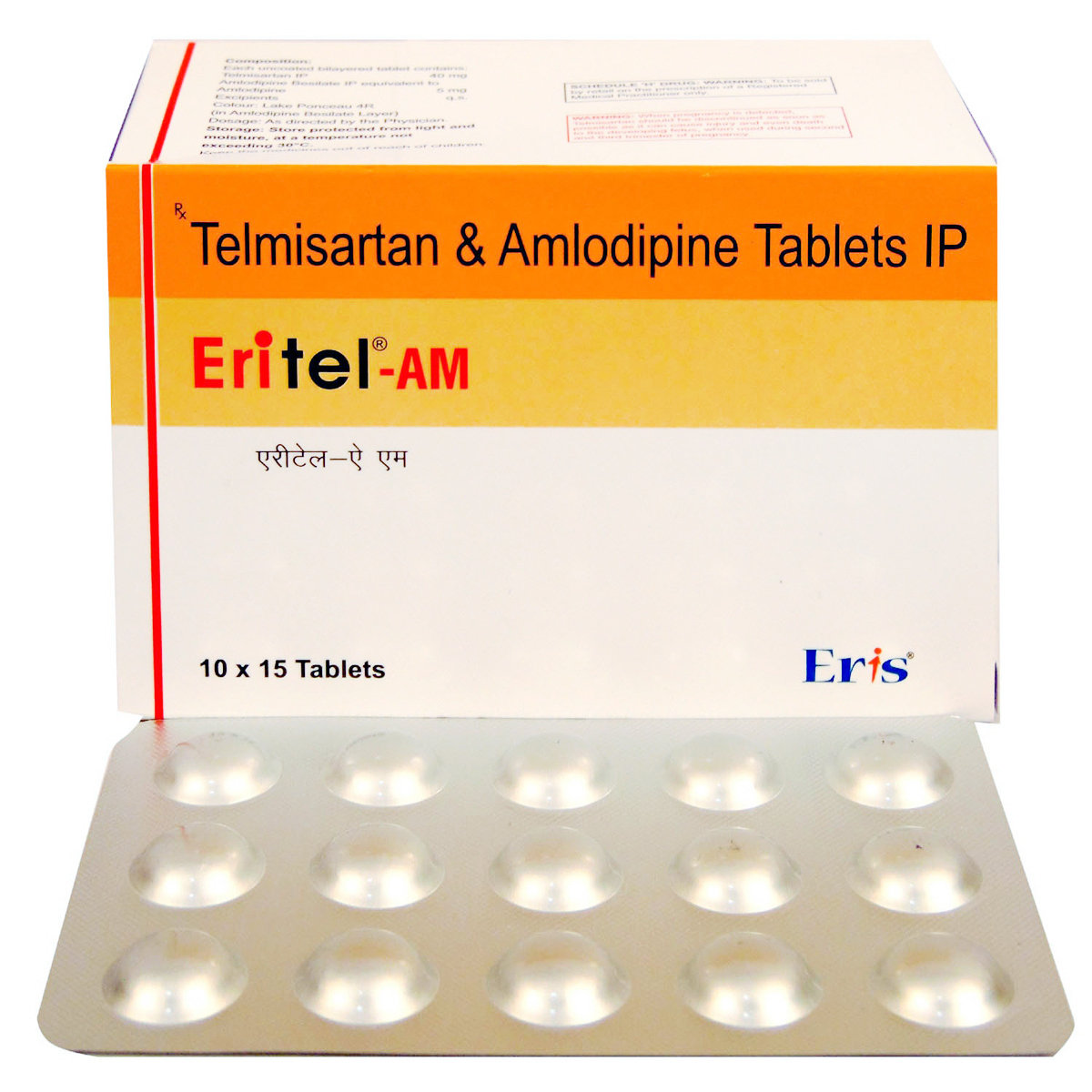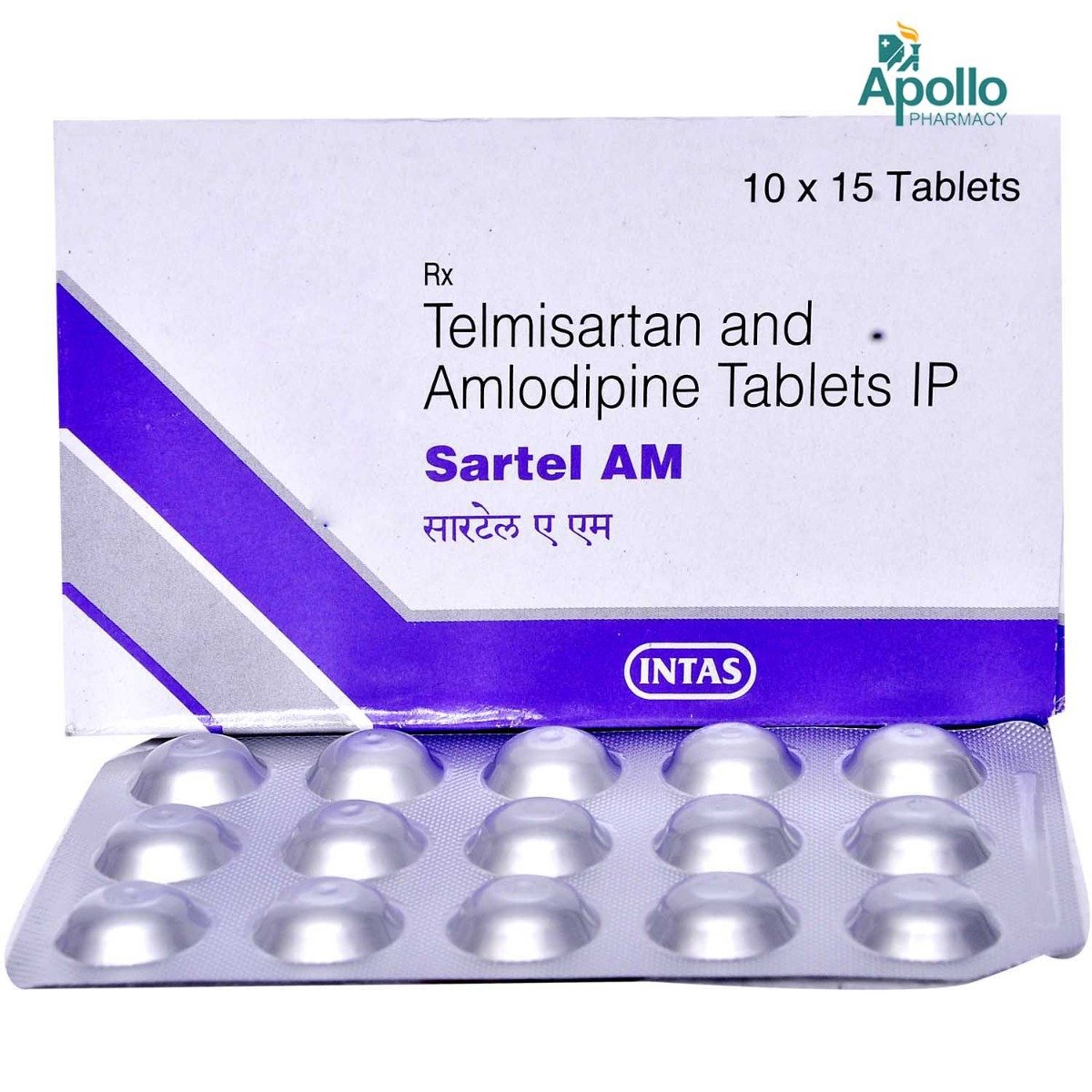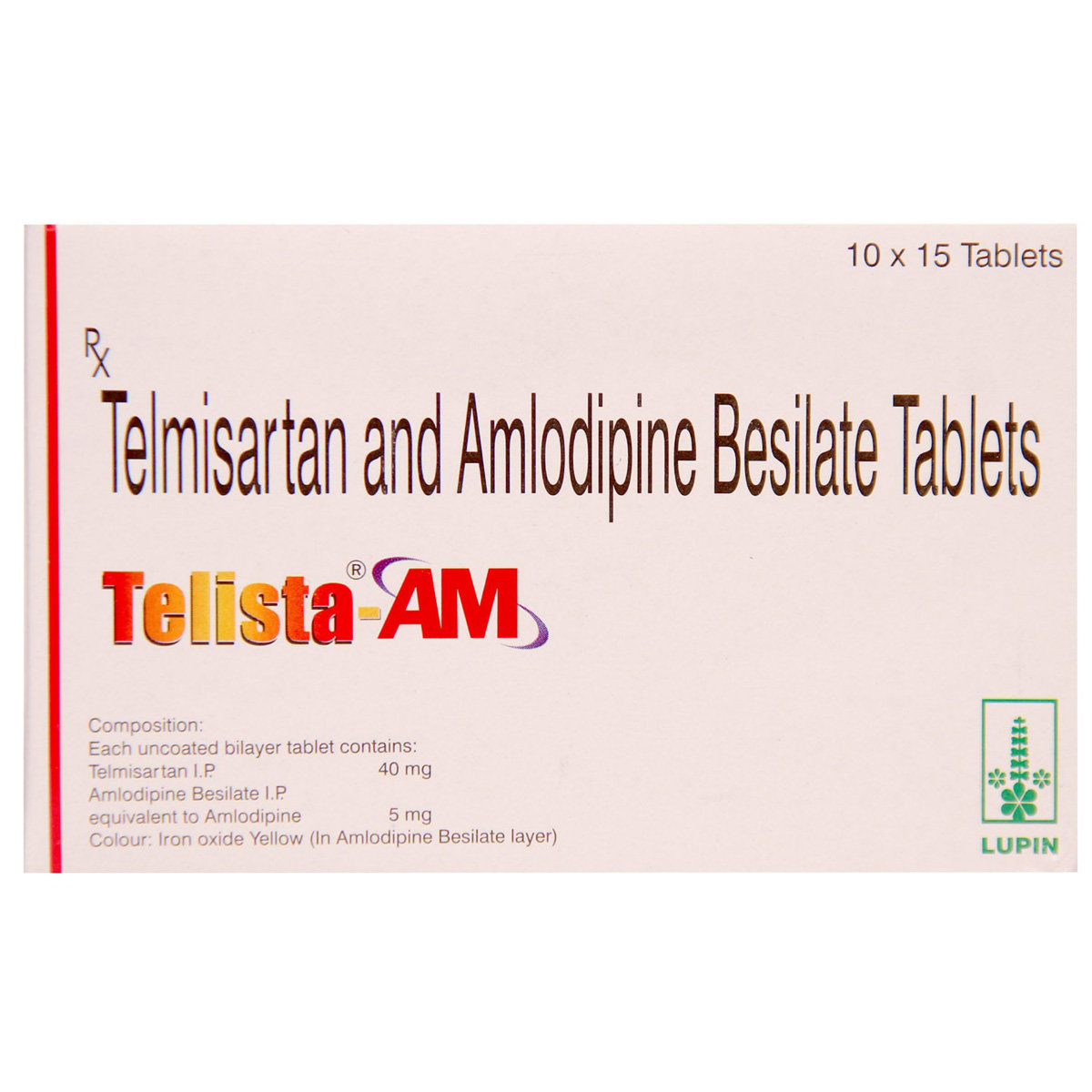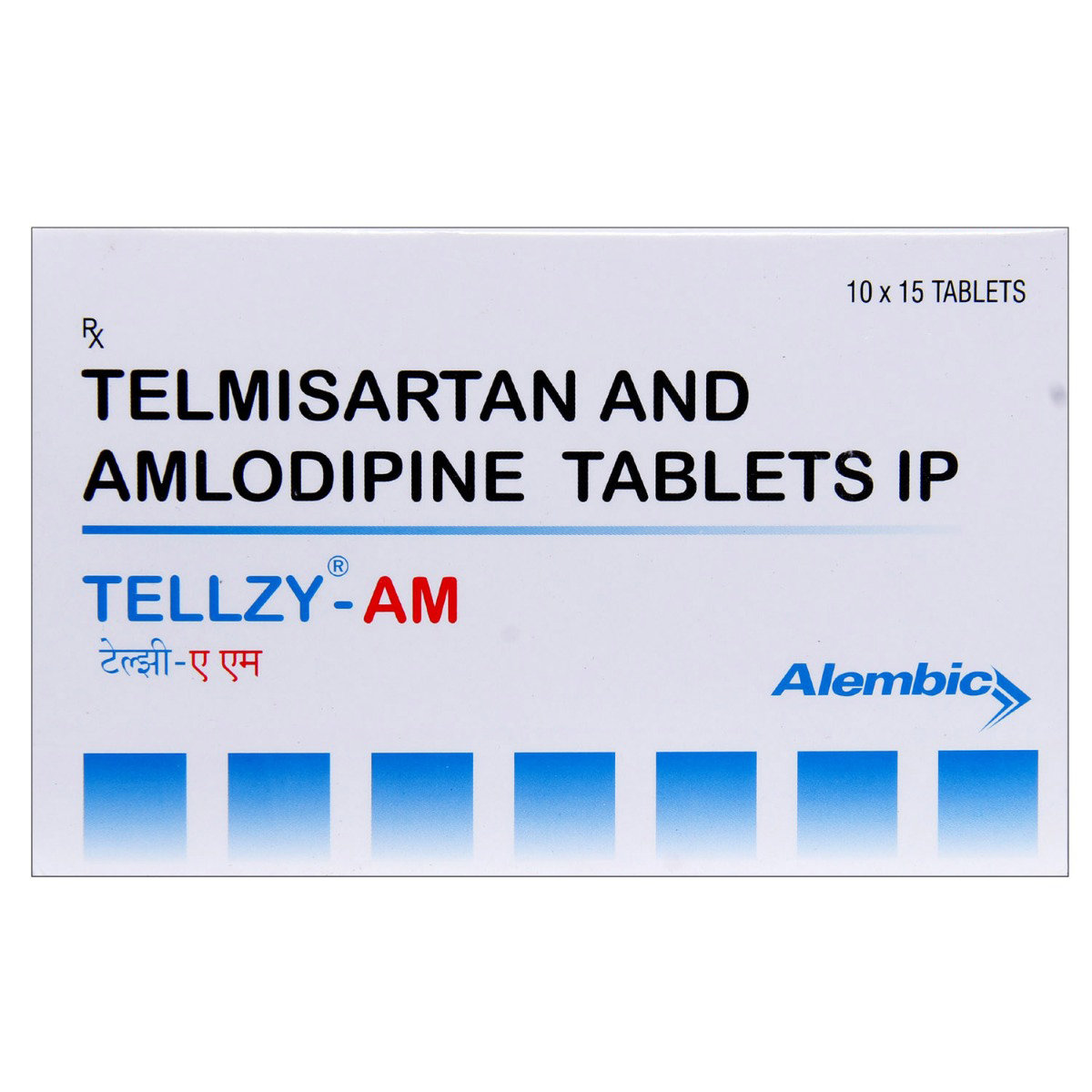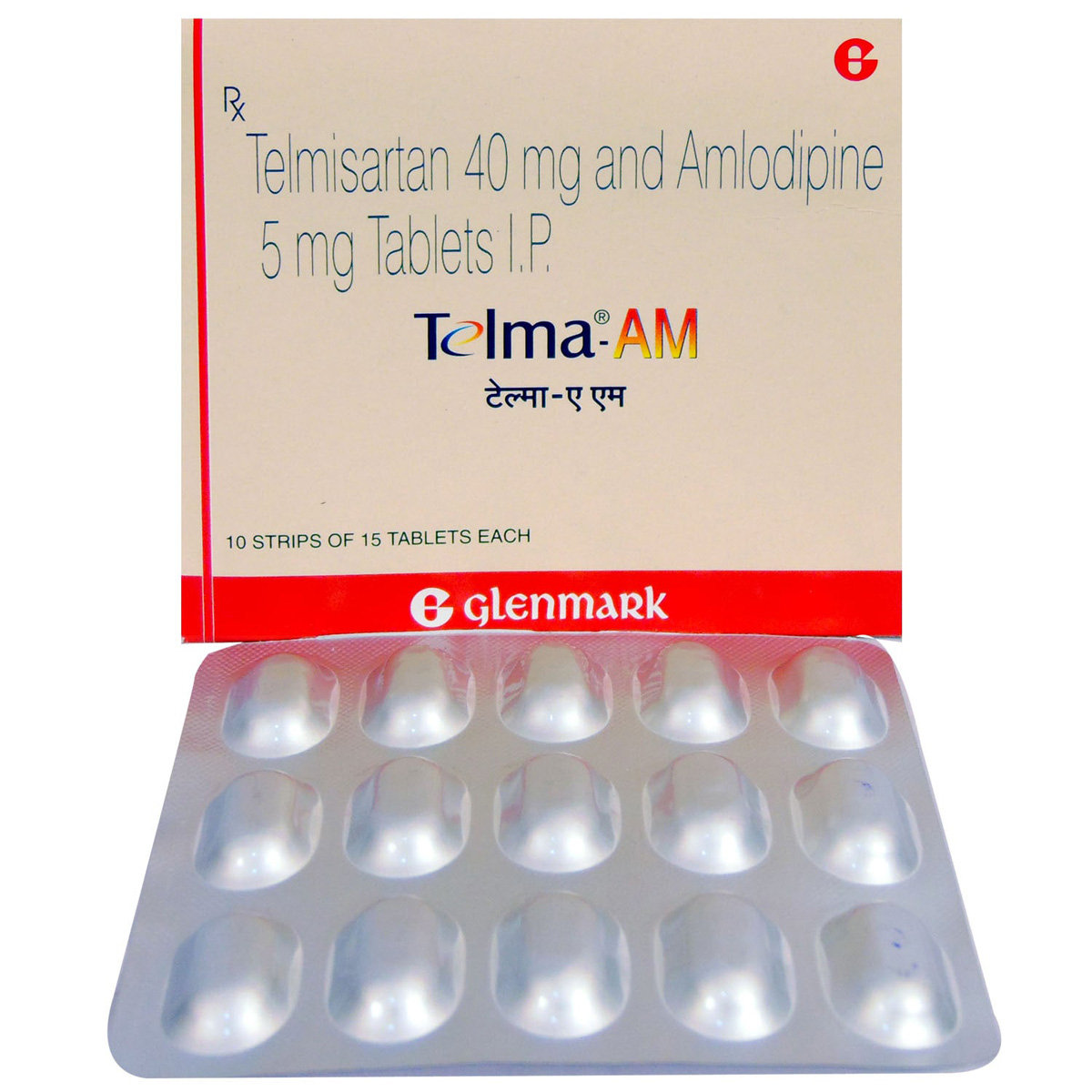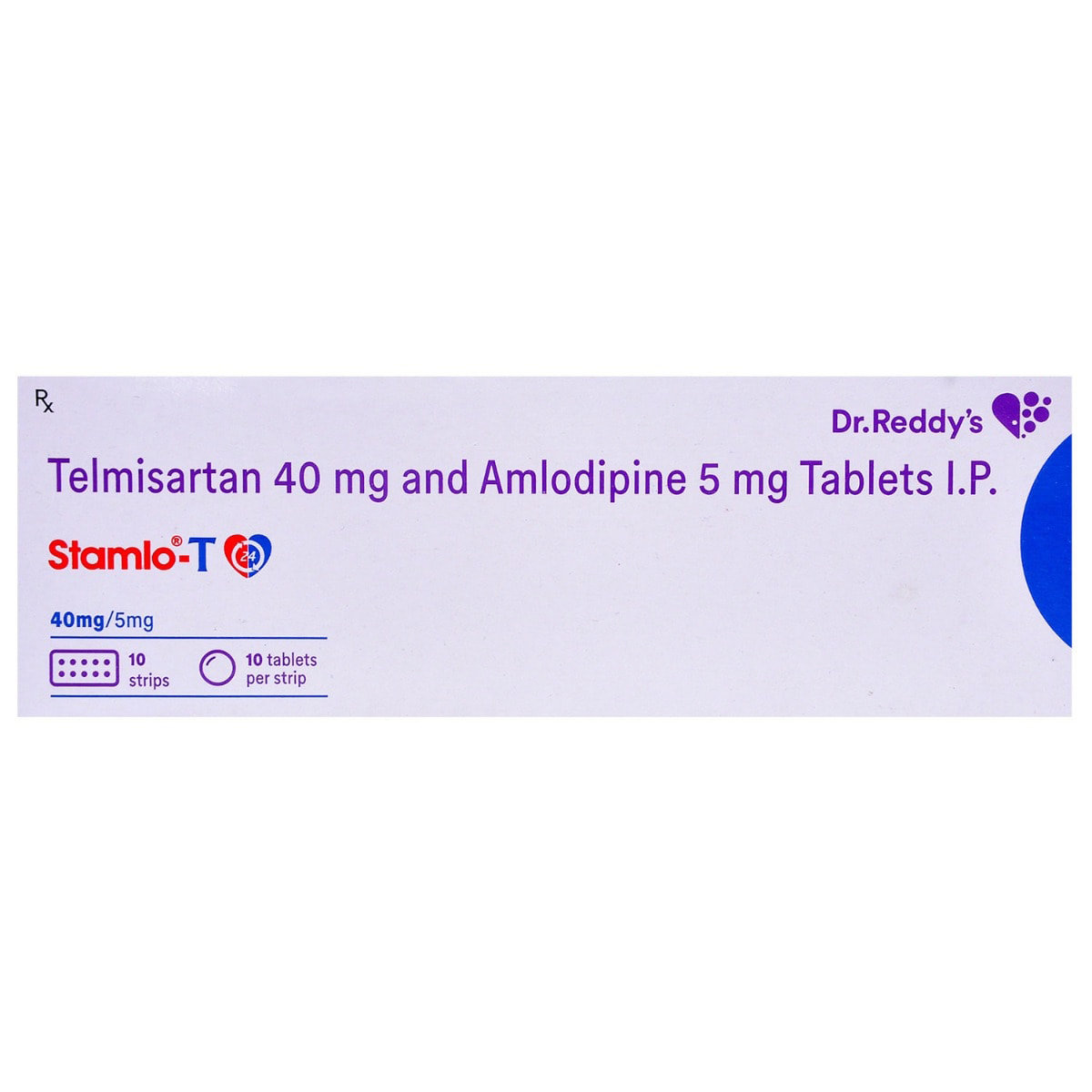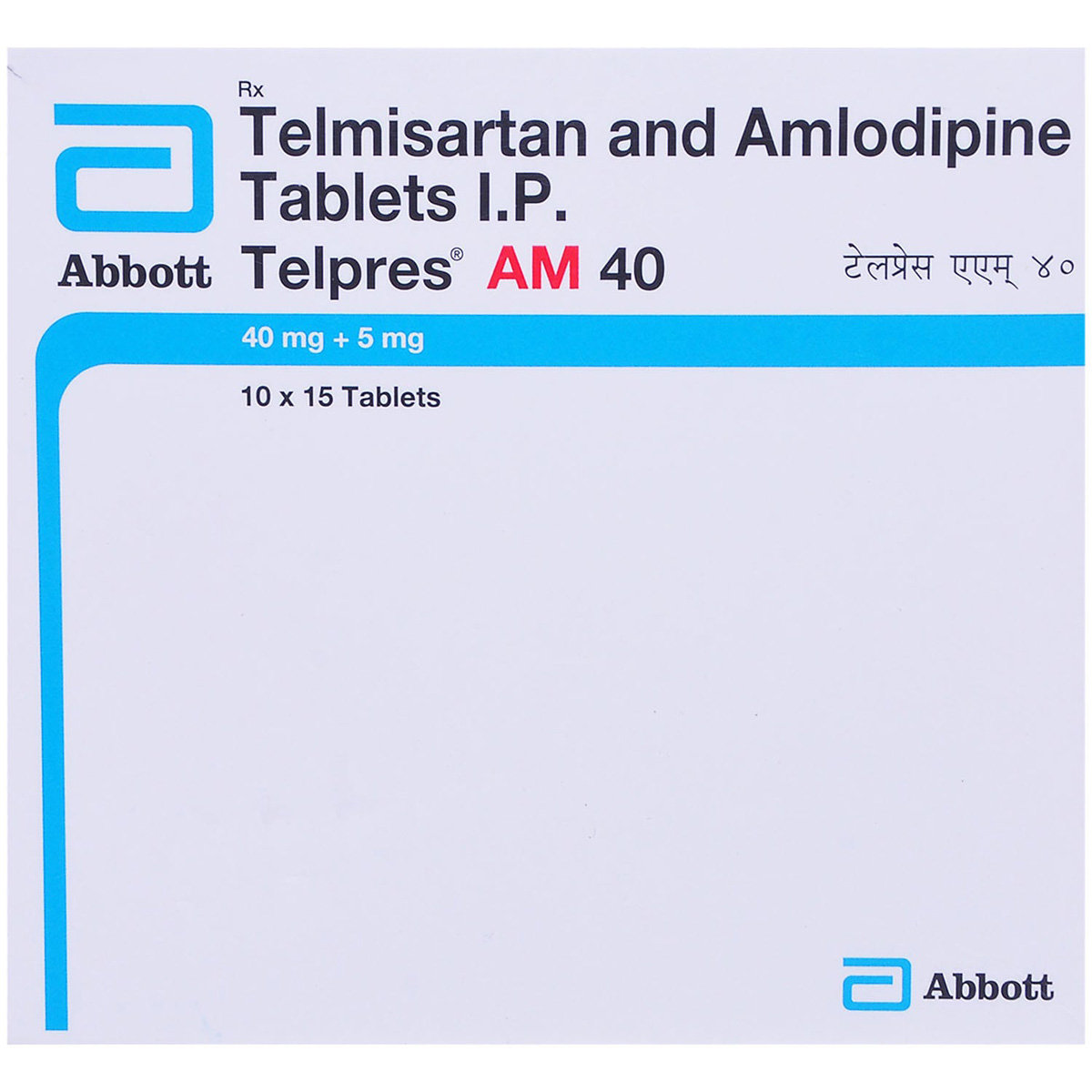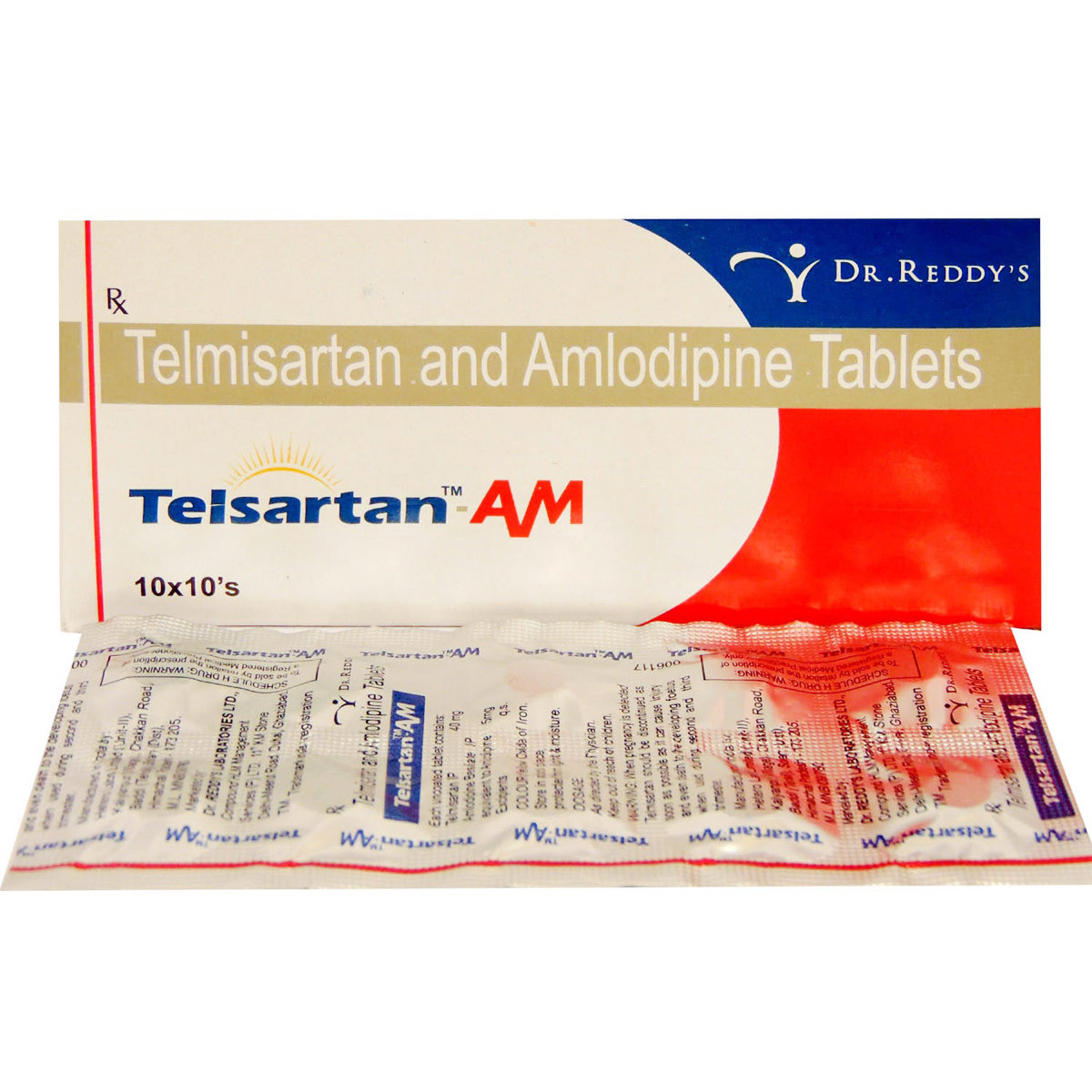Ozotel-AM Tablet

MRP ₹30
(Inclusive of all Taxes)
₹4.5 Cashback (15%)
know your delivery time
Provide Delivery Location
Composition :
Manufacturer/Marketer :
Consume Type :
Expires on or after :
Return Policy :
Selected Pack Size:10
10 ₹27
(₹2.7 per unit)
In Stock
30 ₹89.6
(₹2.99 per unit)
In Stock
15 ₹19.8
(₹1.32 per unit)
Out of stock

Secure Payment

Trusted by 8 Crore Indians

Genuine Products
Therapeutic Class
Country of origin
Manufacturer/Marketer address
Disclaimer
Alcohol
Safe if prescribed
It is unsafe to consume alcohol since alcohol consumption with Ozotel-AM Tablet may increase the risk of low blood pressure and cause adverse effects such as dizziness, fainting, light-headedness, or headache.
Pregnancy
Consult your doctor
Pregnant women should discontinue this Ozotel-AM Tablet because it can cause injury and death to the developing fetus. So, Ozotel-AM Tablet is not safe in pregnancy.
Breast Feeding
Consult your doctor
There is no evidence on how Ozotel-AM Tablet affects breastfeeding. So, inform your doctor if you are a nursing mother. Your doctor will weigh the benefits and potential risks before prescribing Ozotel-AM Tablet .
Driving
Safe if prescribed
Ozotel-AM Tablet may cause side effects like dizziness, headaches, and nausea, which can affect your ability to concentrate and drive. Hence, it is recommended not to drive until you are mentally alert.
Liver
Consult your doctor
Inform your doctor before receiving the Ozotel-AM Tablet if you have a history of liver diseases/conditions. Your doctor may adjust your dose depending on your current liver conditions.
Kidney
Consult your doctor
Inform your doctor before receiving the Ozotel-AM Tablet if you have a history of kidney diseases/conditions. Your doctor may adjust your dose depending on your current kidney conditions.
Children
Safe if prescribed
Ozotel-AM Tablet is not recommended to use in children. Please consult the doctor if you have any concerns regarding this.
Product Substitutes
Reference
- https://www.medicines.org.uk/emc/product/5386/smpc#gref
- https://www.drugs.com/food-interactions/amlodipine-telmisartan.html
- https://www.sanofi.in/-/media/Project/One-Sanofi-Web/Websites/Asia-Pacific/Sanofi-IN/Home/science-and-innovation/for-healthcare-professionals/product-information/Telsite-am-PI-June-2018.pdf?la=en#:~:text=Telmisartan%20and%20amlodipine%20tablets%20may%20be%20used%20to%20provide%20additional,another%20angiotensin%20receptor%20blocker)%20alone.
About Ozotel-AM Tablet
Ozotel-AM Tablet belongs to the class of anti-hypertensive drugs, primarily used to treat high blood pressure (hypertension). Hypertension is a medical condition in which blood pressure is elevated persistently in the arteries. It is considered an essential risk factor for cardiovascular diseases. Ozotel-AM Tablet lowers the blood pressure by widening and relaxing blood vessels.
Ozotel-AM Tablet is a fixed-dose combination composed of two medicines, namely, Telmisartan and Amlodipine. Telmisartan belongs to a group of drugs called angiotensin II receptor antagonists. It lowers blood pressure and increases blood flow by preventing the narrowing of blood vessels. It is used to lower the chances of stroke, heart attack, and death. Amlodipine is a calcium channel blocker that dilates (widens) blood vessels and increases blood flow. Altogether, it helps to lower high blood pressure, chest pain (angina), and other conditions caused by coronary artery disease.
Ozotel-AM Tablet is available in the form of oral tablets. Swallow it as a whole with a glass of water. You can take Ozotel-AM Tablet with or without food once a time in a day, as prescribed by the doctor. Do not crush, chew, or break it. Your doctor will decide the dosage based on your medical condition. In some cases, Ozotel-AM Tablet can cause side effects primarily peripheral oedema (swelling in legs and arms), a common cold, backache, diarrhoea, dizziness, drowsiness, confusion, rashes, and weakness. Most of these side effects of Ozotel-AM Tablet do not require medical attention and gradually resolve over time. However, if these side effects persist longer, please consult your doctor.
If you are known to be allergic to Ozotel-AM Tablet or any other medicines, please inform your doctor. Before taking Ozotel-AM Tablet , let your doctor know if you have hypersensitivity like anaphylaxis (an allergic reaction which includes rashes, low pulse, and shock) or angioedema (swelling under the skin mostly swelling occurs in the face, tongue, abdomen, legs and arms). Pregnant or breastfeeding women should discontinue this Ozotel-AM Tablet because it can cause injury and death to the developing fetus. Please do not stop taking Ozotel-AM Tablet on your own, as it may lead to the recurrence of symptoms or worsen the condition. Do not consume alcohol with Ozotel-AM Tablet as it may increase the risk of low blood pressure. Avoid potassium supplements with Ozotel-AM Tablet as it may lead to high potassium levels in the blood.
Uses of Ozotel-AM Tablet
Medicinal Benefits Mweb
Key Benefits
Ozotel-AM Tablet is an anti-hypertensive drug that treats high blood pressure (hypertension). Ozotel-AM Tablet lowers blood pressure by widening and relaxing blood vessels. Ozotel-AM Tablet consists of two medicines, namely: Telmisartan and Amlodipine. Telmisartan belongs to a group of drugs called angiotensin II receptor antagonists. It lowers blood pressure and increases blood flow by preventing the narrowing of blood vessels. It reduces the chances of stroke, heart attack, and death. Amlodipine is a calcium channel blocker that dilates (widens) blood vessels and increases blood flow. Altogether, it helps to lower high blood pressure, chest pain (angina), and other conditions caused by coronary artery disease.
Directions for Use
Side Effects of Ozotel-AM Tablet
- Peripheral oedema (swelling in legs and arms)
- Common cold
- Backache
- Diarrhoea
- Dizziness
- Drowsiness
- Confusion
- Rashes
- Weakness
Drug Warnings
Monitor your blood pressure levels regularly. If you are known to be allergic to Ozotel-AM Tablet or have any kidney or liver problems or severe dehydration, please inform your doctor beforehand. Pregnant or breastfeeding women should also consult their doctor before taking it. It is advised to complete the prescribed course, even if you feel better. Complete the course strictly as suggested by the doctor, even if you feel better, to avoid disease recurrence. Avoid consumption of alcohol with Ozotel-AM Tablet as it may increase the risk of low blood pressure. Avoid potassium supplements with Ozotel-AM Tablet as they may lead to high potassium levels in the blood.
Drug-Drug Interactions
Drug-Drug Interactions
Login/Sign Up
Using Ozotel-AM Tablet together with dantrolene may increase the risk of hyperkalemia (high blood potassium).
How to manage the interaction:
Taking Ozotel-AM Tablet with Dantrolene can cause an interaction, consult a doctor before taking it. You should seek medical attention if you experience nausea, vomiting, weakness, confusion, tingling of the hands and feet, a weak pulse, or a slow or irregular heartbeat. Do not stop using any medications without talking to a doctor.
Co-administration of Aliskiren with Ozotel-AM Tablet can increase the risk of hyperkalemia (high potassium levels in the blood).
How to manage the interaction:
Taking Ozotel-AM Tablet with Aliskiren can possibly lead to an interaction, please consult a doctor before taking it. Do not discontinue the medications without consulting a doctor.
Using Ozotel-AM Tablet and mitotane together may drastically lower Ozotel-AM Tablet blood levels, which makes the medicine less effective.
How to manage the interaction:
Although co-administration of Ozotel-AM Tablet with mitotane can result in an interaction, it can be taken if a doctor has advised it. Do not discontinue any medications without consulting a doctor.
Using phenobarbital and Ozotel-AM Tablet may drastically lower Ozotel-AM Tablet blood levels, which makes the medicine less effective.
How to manage the interaction:
Although co-administration of phenobarbital with Ozotel-AM Tablet can result in an interaction, it can be taken if a doctor has advised it. Do not discontinue any medications without consulting a doctor.
Coadministration of Ozotel-AM Tablet and carbamazepine together may significantly reduce Ozotel-AM Tablet blood levels, making the medicine less effective.
How to manage the interaction:
Although there is an interaction between Ozotel-AM Tablet with carbamazepine, it can be taken if a doctor has advised it. However, if you experience any unusual symptoms contact the doctor immediately. Do not stop using any medications without talking to a doctor.
Using Ozotel-AM Tablet and phenytoin together may drastically lower Ozotel-AM Tablet blood levels, which makes the medicine less effective.
How to manage the interaction:
Although Ozotel-AM Tablet with phenytoin can result in an interaction, it can be taken if a doctor has advised it. Do not discontinue any medications without consulting a doctor.
Using Ozotel-AM Tablet and primidone together may lower Ozotel-AM Tablet blood levels, which makes the medicine less effective.
How to manage the interaction:
Although co-administration of Ozotel-AM Tablet with primidone can result in an interaction, it can be taken if a doctor has advised it. Do not discontinue any medications without consulting a doctor.
Coadministration of lemborexant and Ozotel-AM Tablet may increase the blood levels of lemborexant.
How to manage the interaction:
Although co-administration of Ozotel-AM Tablet with Lemborexant can result in an interaction, it can be taken if a doctor has advised it. However, consult your doctor if you experience abnormal sleep patterns, worsening of depression, changes in heartbeat, or headache. Do not discontinue any medications without consulting a doctor.
Taking simvastatin with Ozotel-AM Tablet may result in considerably higher blood levels of simvastatin and may increase the risk of side effects (liver damage and rhabdomyolysis - an uncommon but serious illness characterized by the breakdown of skeletal muscle tissue).
How to manage the interaction:
Although taking Ozotel-AM Tablet with simvastatin can result in an interaction, it can be taken if a doctor has advised it. If you have unexplained muscular pain, soreness, or weakness while using simvastatin, especially if these symptoms are accompanied by fever or dark-colored urine, consult the doctor immediately. However, if you develop a fever, chills, joint pain or swelling, unusual bleeding or bruising, skin rash, itching, loss of appetite, fatigue, nausea, vomiting, dark colored urine, and/or yellowing of the skin or eyes, consult the doctor. Do not stop using any medications without a doctor's advice.
Co-administration of Ozotel-AM Tablet can make Sirolimus may increase the risk of angioedema (a condition associated with swelling of the face, eyes, lips, tongue, throat, and occasionally also the hands and feet).
How to manage the interaction:
There may be a possibility of interaction between Ozotel-AM Tablet and Sirolimus, but it can be taken if prescribed by a doctor. However, consult the doctor if you notice any swelling of the face, eyes, lips, tongue, throat, hands and feet or have trouble breathing or swallowing. Do not stop using any medications without a doctor's advice.
Drug-Food Interactions
Drug-Food Interactions
Login/Sign Up
Lentils, Orange Juice, Oranges, Raisins, Potatoes, Salmon Dried, Spinach, Sweet Potatoes, Tomatoes, Coconut Water, Beans, Beetroot, Broccoli, Bananas, Apricots, Avocado, Yogurt
How to manage the interaction:
Taking Ozotel-AM Tablet with potassium-containing salt substitutes or potassium supplements can cause high levels of potassium in the blood. Avoid taking potassium-containing salt substitutes or potassium supplements while being treated with Ozotel-AM Tablet.
Drug-Diseases Interactions
Drug-Diseases Interactions
Login/Sign Up
Drug-Drug Interactions Checker List
- ALISKIREN
- RAMIPRIL
- IBUPROFEN
- NAPROXEN
- SIMVASTATIN
- DIGOXIN
- LITHIUM
- CYCLOSPORINE
- TACROLIMUS
Habit Forming
Special Advise
- Keep a check on your daily blood pressure, and if you notice any fluctuations, please consult a doctor. A low salt/sodium diet and regular exercise are recommended along with Ozotel-AM Tablet for effective results.
Diet & Lifestyle Advise
- Create a well-balanced and healthy diet that includes vegetables, fruits, whole grains, legumes, omega-3-rich foods, and lean protein sources.
- Keep your weight under control with a BMI of 19.5-24.9.
- Avoid chronic stress, as it can raise your blood pressure.
- Spend time with your loved ones to cope with stress and practice mindfulness techniques.
- Be mindful of salt; consume no more than 2,300 mg each day.
- Limit or avoid alcohol consumption.
- Quitting smoking is the best strategy to lower the risk of heart disease.
All Substitutes & Brand Comparisons
RX
Telmikind-AM Tablet 10's
Mankind Pharma Pvt Ltd
₹78
(₹7.02 per unit)
159% COSTLIERRX
Telvas-AM Tablet 15's
Aristo Pharmaceuticals Pvt Ltd
₹135.5
(₹8.13 per unit)
201% COSTLIERRX
Cresar AM Tablet 15's
Cipla Ltd
₹138
(₹8.28 per unit)
206% COSTLIER

Have a query?
Buy best Cardiology products by
Torrent Pharmaceuticals Ltd
Sun Pharmaceutical Industries Ltd
Lupin Ltd
Intas Pharmaceuticals Ltd
Cipla Ltd
Micro Labs Ltd
Macleods Pharmaceuticals Ltd
Abbott India Ltd
Ajanta Pharma Ltd
Ipca Laboratories Ltd
Eris Life Sciences Ltd
Mankind Pharma Pvt Ltd
Lloyd Healthcare Pvt Ltd
Dr Reddy's Laboratories Ltd
Glenmark Pharmaceuticals Ltd
Emcure Pharmaceuticals Ltd
Alembic Pharmaceuticals Ltd
Alkem Laboratories Ltd
East West Pharma India Pvt Ltd
USV Pvt Ltd
Zydus Healthcare Ltd
Aristo Pharmaceuticals Pvt Ltd
Elbrit Life Sciences Pvt Ltd
J B Chemicals & Pharmaceuticals Ltd
Zydus Cadila
Akumentis Healthcare Ltd
Alteus Biogenics Pvt Ltd
Hbc Life Sciences Pvt Ltd
Fusion Health Care Pvt Ltd
Troikaa Pharmaceuticals Ltd
La Renon Healthcare Pvt Ltd
Corona Remedies Pvt Ltd
Jubilant Lifesciences Ltd
Medley Pharmaceuticals Ltd
Knoll Healthcare Pvt Ltd
Msn Laboratories Pvt Ltd
Zuventus Healthcare Ltd
Cadila Pharmaceuticals Ltd
Blue Cross Laboratories Pvt Ltd
Lividus Pharmaceuticals Pvt Ltd
Morepen Laboratories Ltd
Ranmarc Labs
Shrrishti Health Care Products Pvt Ltd
Sanofi India Ltd
Steris Healthcare
Elder Pharmaceuticals Ltd
Primus Remedies Pvt Ltd
Unison Pharmaceuticals Pvt Ltd
Eswar Therapeutics Pvt Ltd
Knoll Pharmaceuticals Ltd
Tas Med India Pvt Ltd
Systopic Laboratories Pvt Ltd
Indiabulls Pharmaceuticals Pvt Ltd
Leeford Healthcare Ltd
Sinsan Pharmaceuticals Pvt Ltd
Biochem Pharmaceutical Industries Ltd
Cadila Healthcare Ltd
Azkka Pharmaceuticals Pvt Ltd
Nirvana India Pvt Ltd
Orsim Pharma
Prevego Healthcare & Research Pvt Ltd
Econ Healthcare
Elinor Pharmaceuticals (P) Ltd
FDC Ltd
Sunij Pharma Pvt Ltd
Nicholas Piramal India Ltd
Astra Zeneca Pharma India Ltd
Pfizer Ltd
Lia Life Sciences Pvt Ltd
Shine Pharmaceuticals Ltd
Elicad Pharmaceuticals Pvt Ltd
Indoco Remedies Ltd
Proqol Health Care Pvt Ltd
Vasu Organics Pvt Ltd
Biocon Ltd
Opsis Care Lifesciences Pvt Ltd
Johnlee Pharmaceuticals Pvt Ltd
Merck Ltd
Wockhardt Ltd
Auspharma Pvt Ltd
Ergos Life Sciences Pvt Ltd
Lakshya Life Sciences Pvt Ltd
Ordain Health Care Global Pvt Ltd
Pficus De Med Pvt Ltd
ALICAN PHARMACEUTICAL PVT LTD
RPG Life Sciences Ltd
Glynis Pharmaceuticals Pvt Ltd
Orris Pharmaceuticals
Samarth Life Sciences Pvt Ltd
Aprica Pharmaceuticals Pvt Ltd
Aretaeus Pharmaceuticals Pvt Ltd
Koye Pharmaceuticals Pvt Ltd
Neocardiab Care
Retra Life Science Pvt Ltd
Alniche Life Sciences Pvt Ltd
Alvio Pharmaceuticals Pvt Ltd
Arkas Pharma Pvt Ltd
Atos Lifesciences Pvt Ltd
Divine Savior Pvt Ltd
Metalis Lifesciences Pvt Ltd

